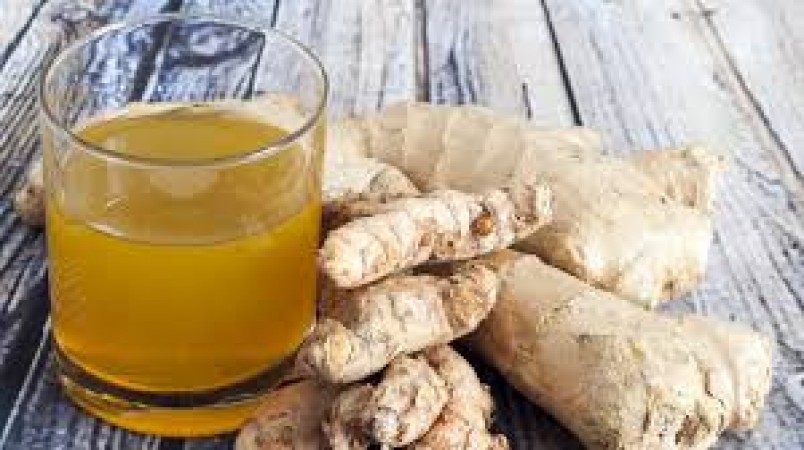
As temperatures soar during the summer months, indulging in certain foods can exacerbate health risks. While ginger is renowned for its myriad health benefits, its consumption during hot weather may pose unexpected dangers. Let's delve into the potential risks associated with consuming ginger in the summer.
Understanding Ginger's Properties
Ginger, derived from the Zingiber officinale plant, is celebrated for its medicinal properties. It contains bioactive compounds like gingerol, which possess anti-inflammatory and antioxidant effects. These properties make ginger a popular remedy for various ailments, including nausea, indigestion, and muscle soreness.
The Cooling Effect Fallacy
Despite its numerous health benefits, consuming ginger in summer may not be as innocuous as it seems. While some believe that ginger's spicy kick induces a cooling sensation, scientific evidence suggests otherwise. In fact, ginger's thermogenic properties can increase body temperature, potentially exacerbating discomfort in hot weather.
Dehydration Dangers
One of the primary concerns associated with consuming ginger in summer is the risk of dehydration. Ginger's thermogenic effect can prompt perspiration, leading to fluid loss. In hot and humid conditions, this can accelerate dehydration, causing symptoms like dizziness, fatigue, and electrolyte imbalance.
Digestive Distress
Another adverse effect of consuming ginger in summer is digestive distress. While ginger is traditionally used to alleviate gastrointestinal discomfort, its warming properties may aggravate digestive issues in hot weather. Excessive consumption of ginger can lead to heartburn, acid reflux, and stomach upset, particularly when combined with high temperatures.
Increased Risk of Heat-related Illnesses
Prolonged exposure to heat, coupled with the consumption of ginger, can elevate the risk of heat-related illnesses. Heat exhaustion and heatstroke are serious conditions characterized by symptoms such as nausea, headache, rapid heartbeat, and confusion. Consuming warming foods like ginger can further strain the body's ability to regulate temperature, exacerbating the risk of heat-related ailments.
Potential Complications for Certain Conditions
Individuals with pre-existing health conditions should exercise caution when consuming ginger in summer. For instance, people with hypertension may experience elevated blood pressure levels due to ginger's stimulatory effects. Similarly, individuals with digestive disorders like gastritis or peptic ulcers may experience exacerbated symptoms when exposed to ginger's thermogenic properties.
Moderation is Key
While ginger offers numerous health benefits, moderation is crucial, especially during the summer months. Opting for smaller quantities of ginger or incorporating it into cooling beverages like iced tea or smoothies can help mitigate its warming effects. Additionally, staying hydrated by consuming ample fluids is essential for counteracting ginger-induced dehydration. In conclusion, while ginger is renowned for its medicinal properties, its consumption during summer warrants caution. The warming effects of ginger can exacerbate dehydration, digestive distress, and the risk of heat-related illnesses. Individuals should be mindful of their ginger intake, particularly in hot weather, and prioritize hydration to mitigate potential health risks.
Kyrgyzstan Crisis: What Indian and Pakistani Students Need to Know
Such a magical forest of India, which glows at night!
These are the 3 most expensive bikes sold in India, the price is so much that you will buy Audi-BMW